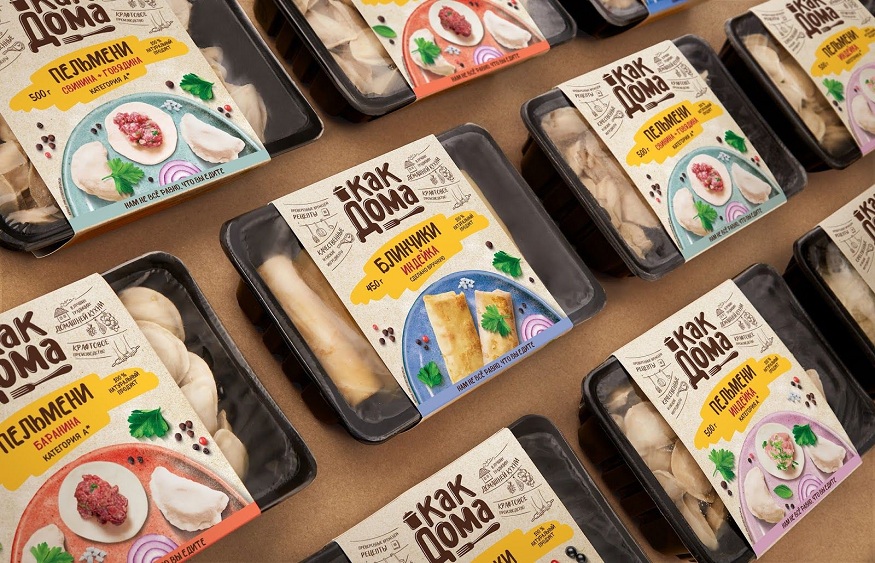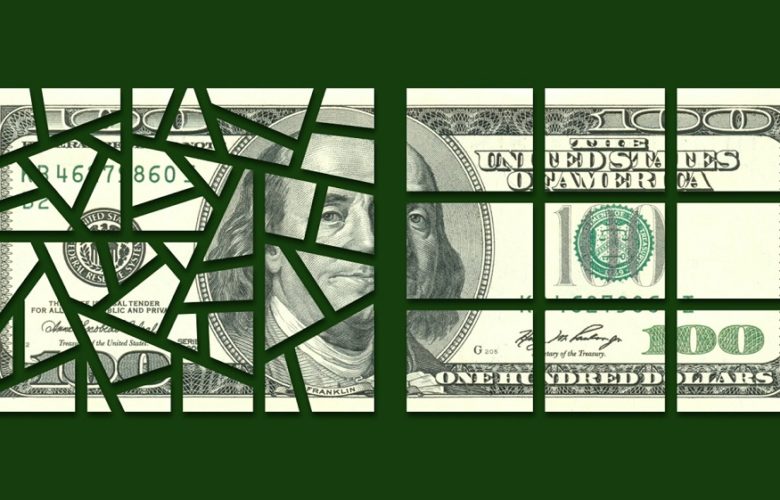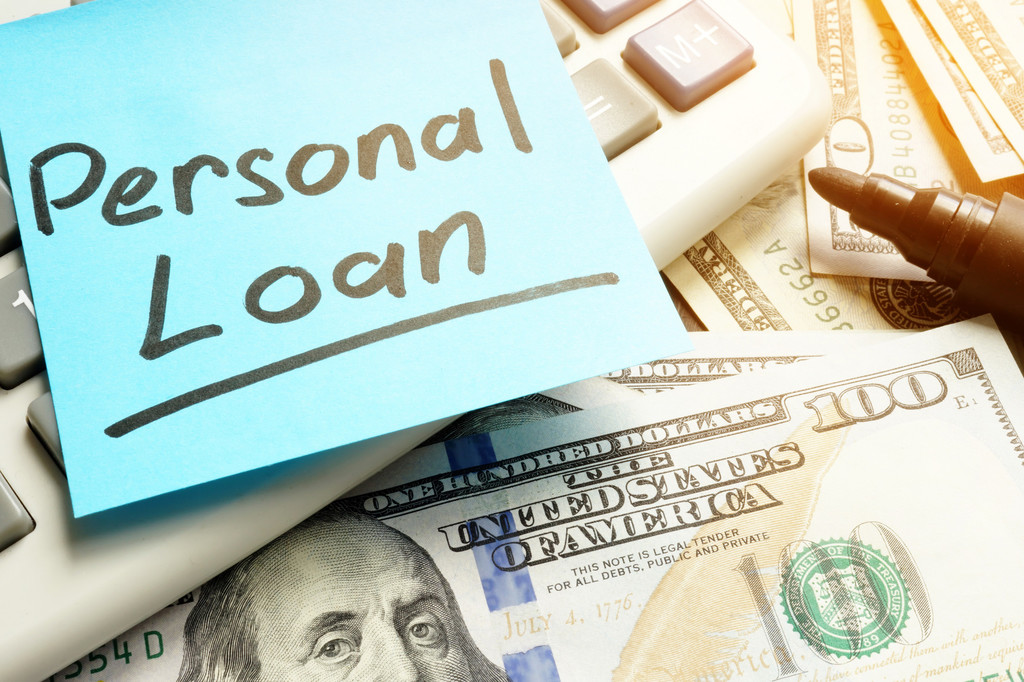Labels play a significant role in the vast manufacturing and retail industries. They provide information, enhance the image of businesses, and support consumer confidence in their purchases. This holds for machinery, automobiles, and items you may buy in stores. Let’s discuss why private label lubricants, lubrication labels, and food packaging labels are becoming so common in various occupations.
Making Things Your Way:
Private-label lubricants and lube labels enable businesses to express their unique identities. Private labels will allow them to customise their labels rather than utilising the same generic labels that everyone else does. They are able to employ their unique logos, colours, and other aesthetic elements to stand out. They are better remembered as a result of this.
Making Something Stand Out:
Standing out in markets where numerous businesses sell the same goods might be challenging. But lube labels and private label lubricants can help with that. These labels enable businesses to highlight the fantastic features of their products. They can explain why their products are superior or unique, which may entice customers to purchase them.
For instance, a manufacturer of private lubricant labels can claim that their product is excellent for the environment or works well with particular machinery. This helps customers understand why their product is superior.
Evaluating the Quality:
Lubricants and packaging labels of food with private labels give businesses more control over what they sell. They may choose the best vendors and guarantee the calibre of their products. This indicates that the goods bearing their label are of high quality.
Private label food packaging labels enable retailers to collaborate with the top suppliers in the food industry, where food safety is paramount. People may trust the store because they can guarantee that everything is delicious and safe.
Money-saving ideas:
Larger batches of private-label products are typically produced, which can reduce costs. This indicates that businesses can negotiate favourable prices with suppliers and pass the savings down to customers as cheaper costs.
A corporation doesn’t have to spend much money on advertising for other brands when it has its label. This enables them to invest more in popularising their label.
Flexibility:
Private brands are flexible and can adapt fast to consumer demand. Companies can produce something novel if consumers want it. They can keep up their lead thanks to this.
Making Fans:
People typically persist with private-label products when they like them. This encourages them to keep purchasing it. That’s because customers have confidence in the label and know they’ll receive quality products. This makes the business a tonne of money over time and demonstrates how well-liked they are.
More cash in the bank:
Selling private-label goods frequently brings in more money than doing so with other brands. Companies can earn more money since they can control their expenses and prices. This extra cash might be used to improve or market the products to new customers.
Clever Advertising:
Companies can create advertisements that appeal to consumers by using private-label lubricants, lubrication labels, and food packaging labels. They may demonstrate why their products are excellent and warrant your purchase.
For instance, a manufacturer of private-label lubricants can advertise that their product is eco-friendly or excels under challenging circumstances. This encourages those who are interested in these things to purchase them.
Making Friends with the Public:
Private label retailers frequently have a better rapport with their clients. People return to a store after seeing a label there that they like. This boosts the store’s popularity and aids it in competing with other retailers.
Making an effort:
Companies are inspired to create new products by private lubricant labels, lubrication labels, and packaging labels of food. They constantly strive to produce superior items.
Making things simpler:
The fact that private labels keep things straightforward is yet another excellent feature. Companies that apply their labels to products are exempt from the restrictions and requirements of competing brands. This implies that they can focus all their efforts on improving their products without waiting for approval from others.
Having a Unique Characteristic:
You are the only one in town with it if you have your label. That makes your product incredibly unique. People only have the option to take that treat from you when they see that label. It’s comparable to possessing a personal secret recipe.
Fulfilling Special Requests:
Private labels assist businesses in creating goods that precisely target their customers’ needs. They can listen to what customers want and create precisely the right items. This implies that businesses can provide several versions of their products for various people.
Gaining Trust:
People frequently assume private labels are of the highest calibre because they believe the firm that created them. The reason is that the business would only put its name on something subpar. People feel at ease purchasing products from private brands because of this trust.
Increasing Small Businesses:
Additionally, private labels are a huge benefit for small firms. They can utilise these labels to launch their trip instead of spending money on expensive branding. That implies that even a tiny fry may pose well and compete with big wigs.
A tiny skincare company, for instance, can design their label and packaging to make their products look elegant.
Earth-friendly vibes:
Private-label businesses can join the green movement as well. They can use labels to claim that their goods are considerate of the precious world. Nowadays, many people are concerned about that, which may lead them to favour private-label products over the competition.
Listening to customers:
Customers and private labels frequently get along well. They may quickly upgrade their products by listening to customer input. This implies that they can provide goods that people want.
Consider how a group of private-label clothing designers might change their creations in response to fan feedback, making everyone happy.
Conclusion:
In conclusion, all kinds of businesses benefit from using private-label lubricants, lube labels, and packaging labels of food. They assist businesses in being themselves, standing out, maintaining quality control, reducing costs, adapting quickly, gaining more clients, creating clever advertisements, making friends with clients, and attempting new things. Companies may showcase who they are, attract more clients, and ultimately satisfy them by employing these brands. Win-win situation!









